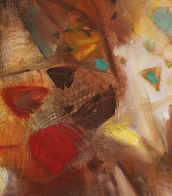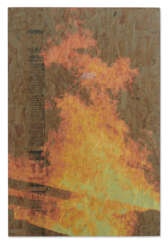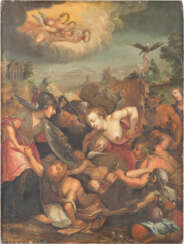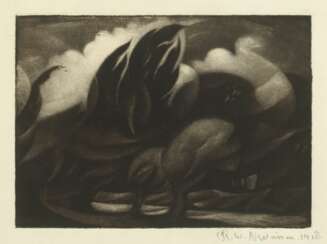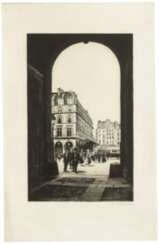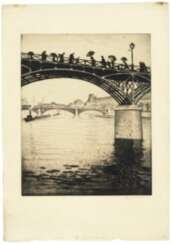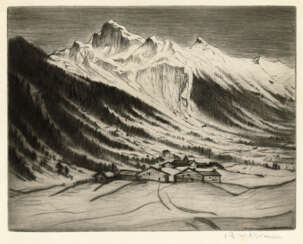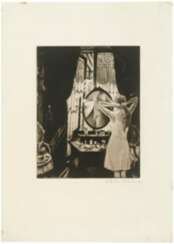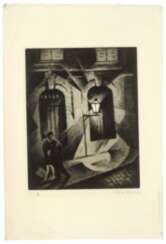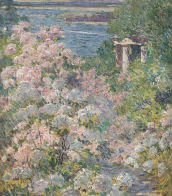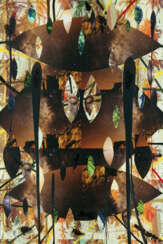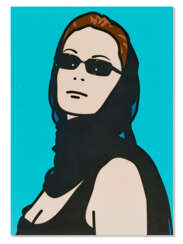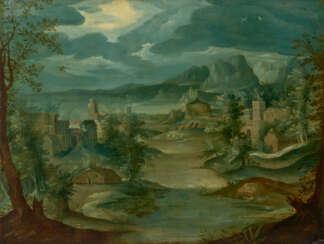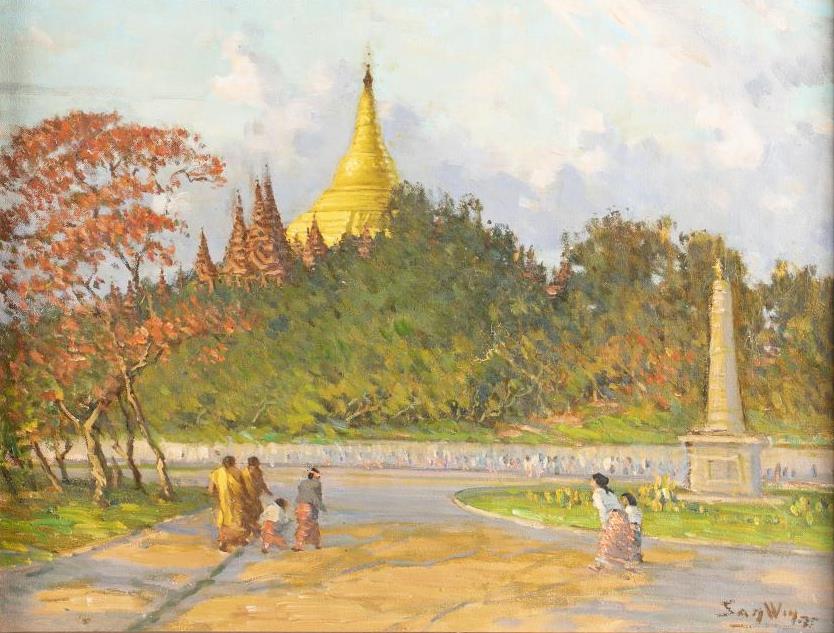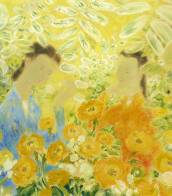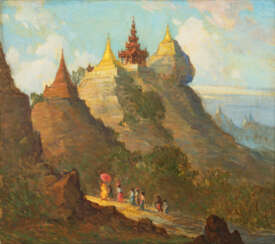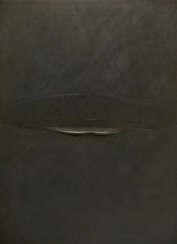винная картина
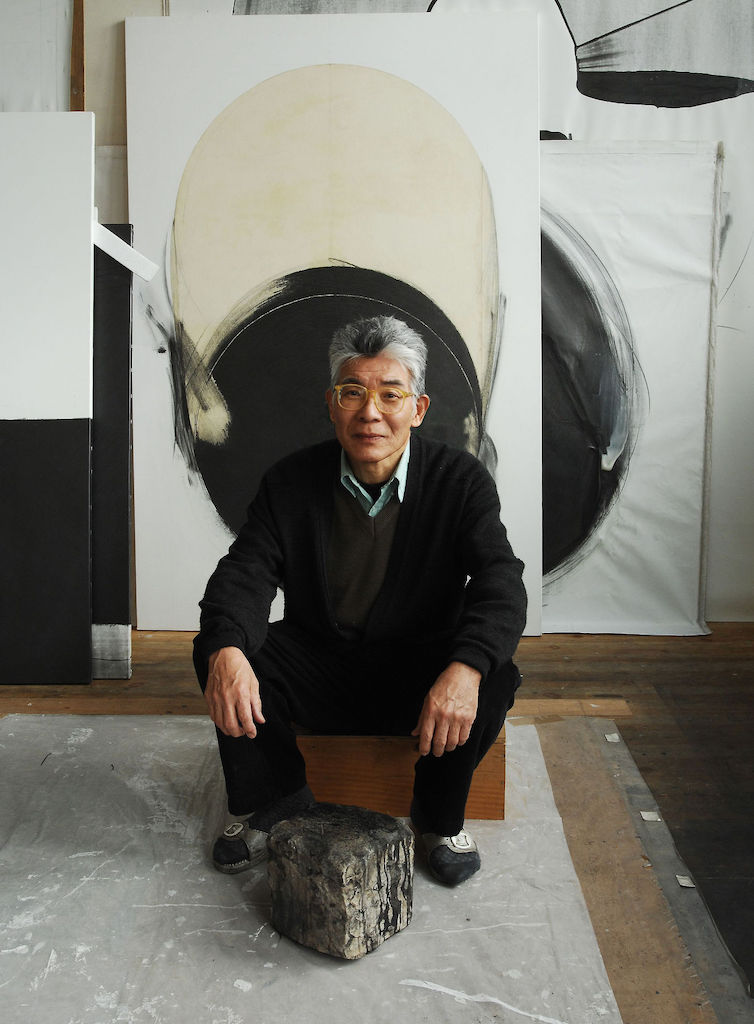
Takesada Matsutani (Japanese: 松谷 武判) is a Japanese contemporary mixed-media artist. He was a member of the Gutai group from 1963 to the dissolution of the group in 1972. His well-known work involves a technique of blowing a gust of air into a puddle of vinyl wood glue, creating bulges, bubbles, and drips, then covered by patient strokes of graphite pencil. Matsutani's works are represented in a large number of prestigious art museums and collections around the world.
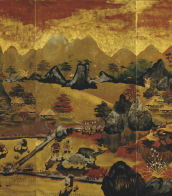
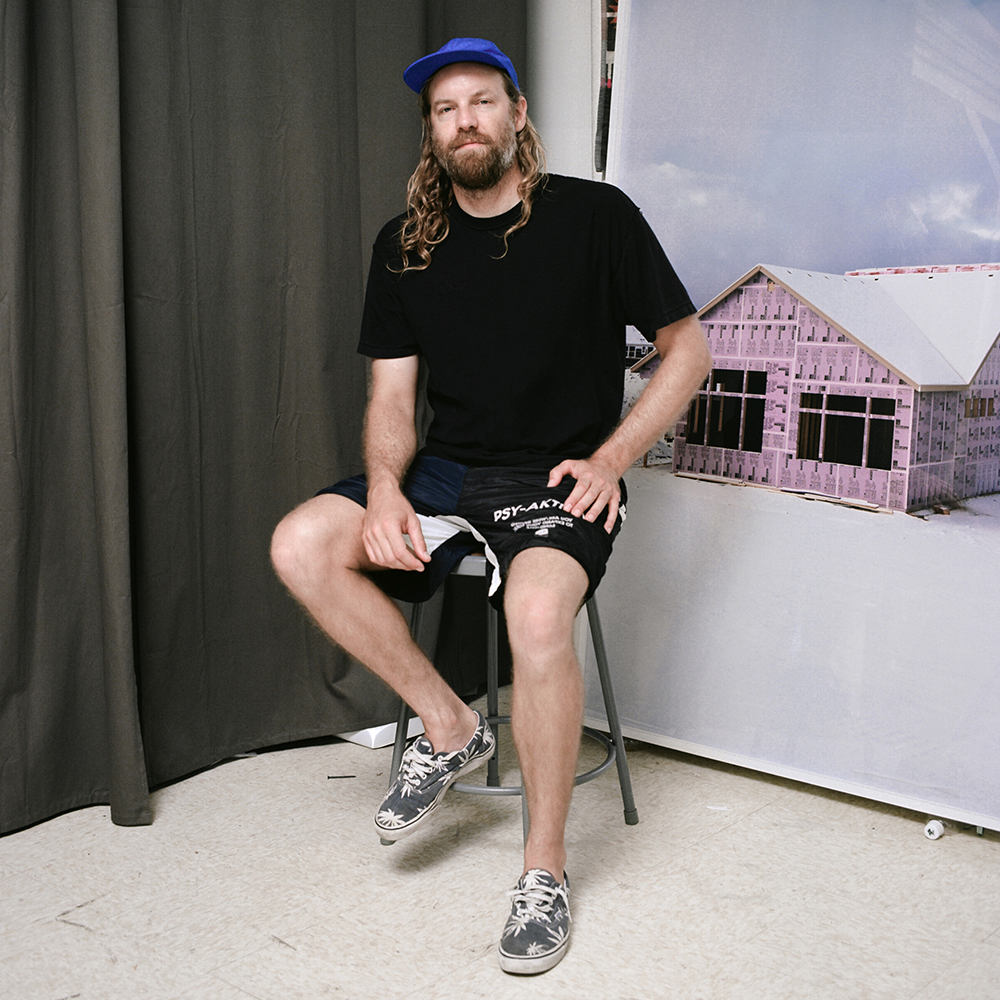
Peter Sutherland is an American artist and photographer, known for his experimental approach to photography and his use of a wide range of materials and techniques. He is based in New York City.
Sutherland's work often explores themes of nature, urbanism, and the built environment. He is particularly interested in the intersection between human-made structures and natural landscapes, and his photographs often feature scenes of decay, erosion, and transformation. He is also known for his use of collage and mixed media, incorporating found materials such as old books, magazines, and maps into his work.
Sutherland has exhibited his work in galleries and museums around the world, and has published several books of his photography. He is also a co-founder of the art and culture publication Paper Work NYC.
Overall, Sutherland's work is marked by a sense of curiosity and experimentation, as well as a deep appreciation for the beauty and complexity of the natural world. His photographs and collages invite viewers to reconsider their relationship to the built environment and the natural world, and to see beauty in unexpected places.
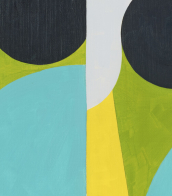
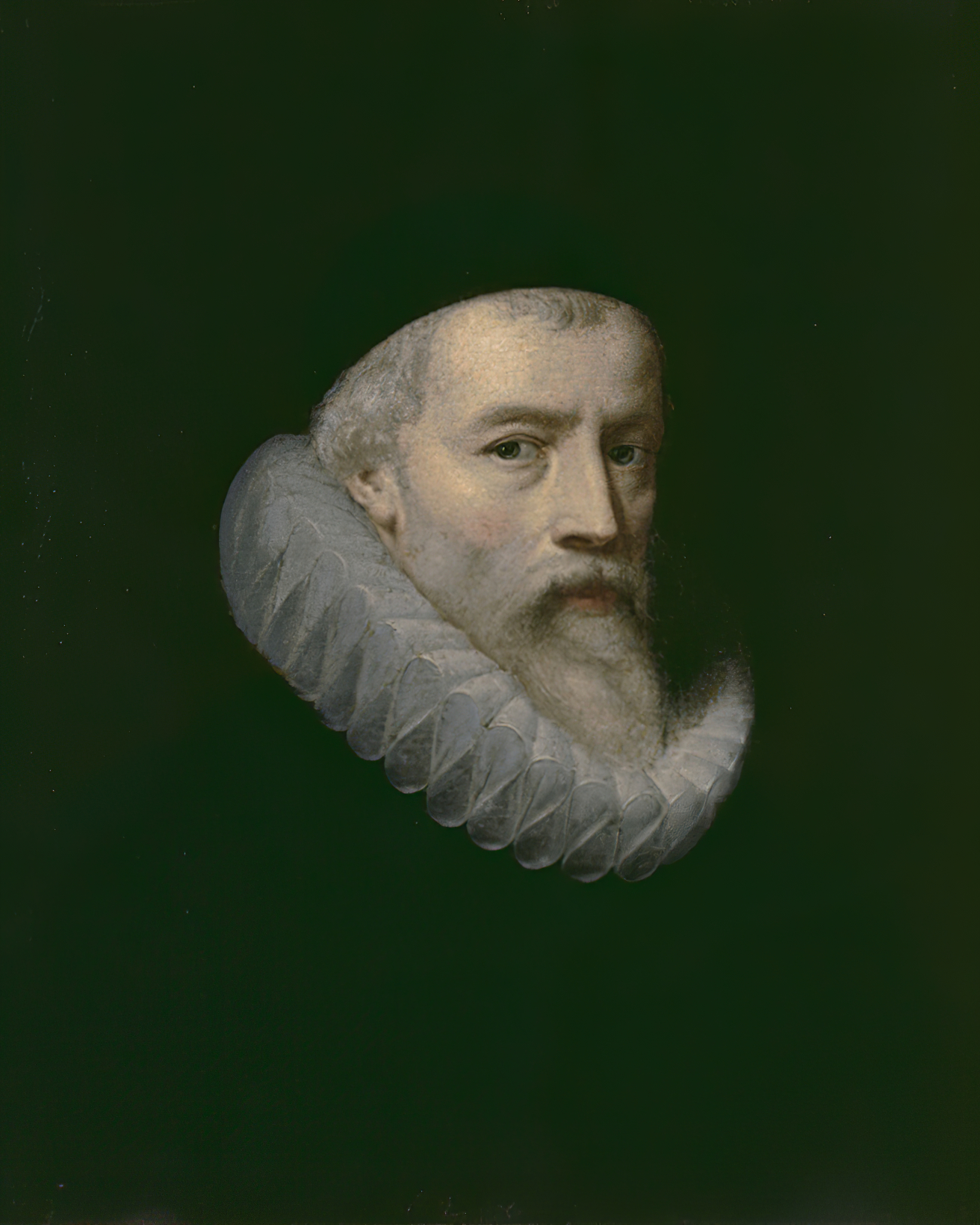
Otto van Veen was a painter, draughtsman, and humanist active primarily in Antwerp and Brussels in the late 16th and early 17th centuries. He is known for running a large studio in Antwerp, producing several emblem books, and for being, from 1594 or 1595 until 1598, Peter Paul Rubens' teacher. His role as a classically educated humanist artist (a pictor doctus), reflected in the Latin name by which he is often known, Octavius Vaenius, was influential on the young Rubens, who would take on that role himself.
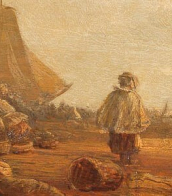
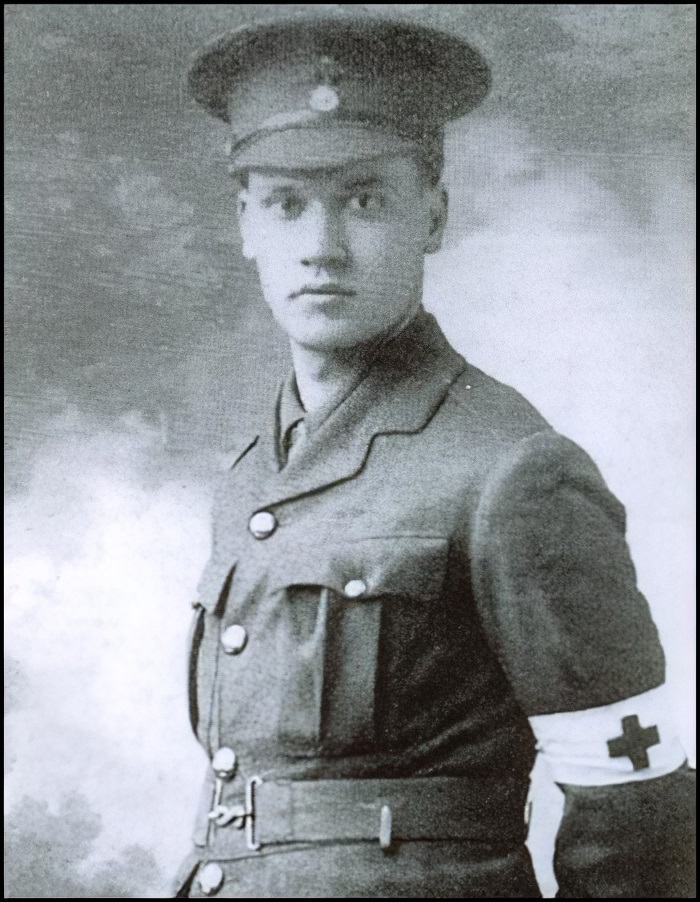
Christopher Richard Wynne Nevinson was an English figure and landscape painter, etcher and lithographer, who was one of the most famous war artists of World War I.
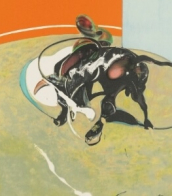

Christopher Richard Wynne Nevinson was an English figure and landscape painter, etcher and lithographer, who was one of the most famous war artists of World War I.


Christopher Richard Wynne Nevinson was an English figure and landscape painter, etcher and lithographer, who was one of the most famous war artists of World War I.


Christopher Richard Wynne Nevinson was an English figure and landscape painter, etcher and lithographer, who was one of the most famous war artists of World War I.


Christopher Richard Wynne Nevinson was an English figure and landscape painter, etcher and lithographer, who was one of the most famous war artists of World War I.


Christopher Richard Wynne Nevinson was an English figure and landscape painter, etcher and lithographer, who was one of the most famous war artists of World War I.


Christopher Richard Wynne Nevinson was an English figure and landscape painter, etcher and lithographer, who was one of the most famous war artists of World War I.


Christopher Richard Wynne Nevinson was an English figure and landscape painter, etcher and lithographer, who was one of the most famous war artists of World War I.


Christopher Richard Wynne Nevinson was an English figure and landscape painter, etcher and lithographer, who was one of the most famous war artists of World War I.


Otto van Veen was a painter, draughtsman, and humanist active primarily in Antwerp and Brussels in the late 16th and early 17th centuries. He is known for running a large studio in Antwerp, producing several emblem books, and for being, from 1594 or 1595 until 1598, Peter Paul Rubens' teacher. His role as a classically educated humanist artist (a pictor doctus), reflected in the Latin name by which he is often known, Octavius Vaenius, was influential on the young Rubens, who would take on that role himself.
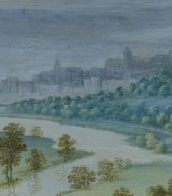

Otto van Veen was a painter, draughtsman, and humanist active primarily in Antwerp and Brussels in the late 16th and early 17th centuries. He is known for running a large studio in Antwerp, producing several emblem books, and for being, from 1594 or 1595 until 1598, Peter Paul Rubens' teacher. His role as a classically educated humanist artist (a pictor doctus), reflected in the Latin name by which he is often known, Octavius Vaenius, was influential on the young Rubens, who would take on that role himself.
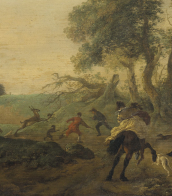

Christopher Richard Wynne Nevinson was an English figure and landscape painter, etcher and lithographer, who was one of the most famous war artists of World War I.
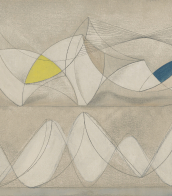
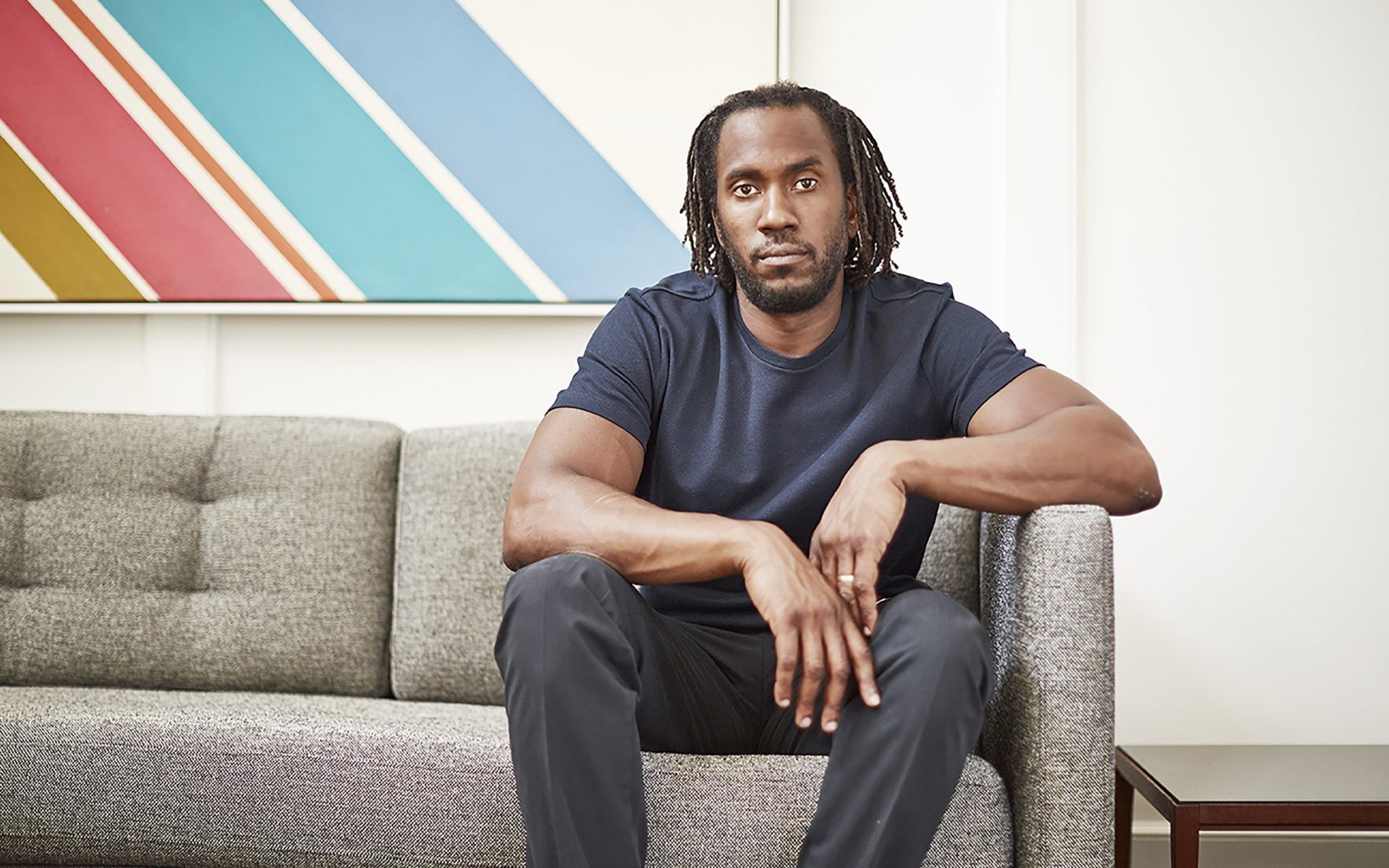
Rashid Johnson is an American artist who produces conceptual post-black art. Johnson first received critical attention in 2001 at the age of 24, when his work was included in Freestyle (2001) curated by Thelma Golden at the Studio Museum in Harlem. He studied at Columbia College Chicago and the School of the Art Institute of Chicago and his work has been exhibited around the world.
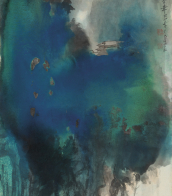
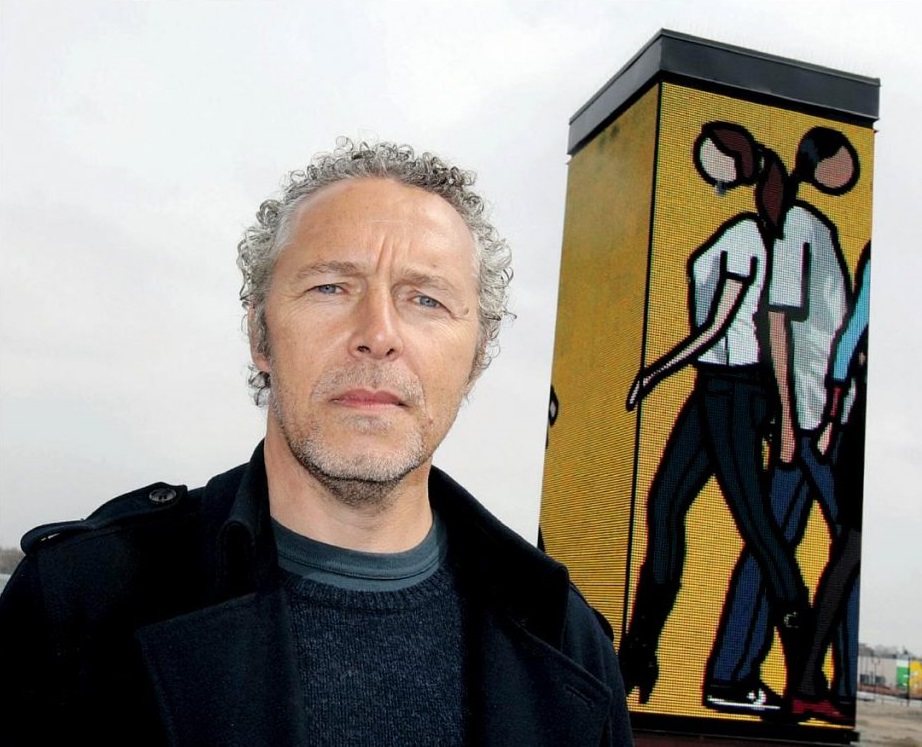
Julian Opie is a visual artist of the New British Sculpture movement.
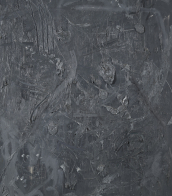

Otto van Veen was a painter, draughtsman, and humanist active primarily in Antwerp and Brussels in the late 16th and early 17th centuries. He is known for running a large studio in Antwerp, producing several emblem books, and for being, from 1594 or 1595 until 1598, Peter Paul Rubens' teacher. His role as a classically educated humanist artist (a pictor doctus), reflected in the Latin name by which he is often known, Octavius Vaenius, was influential on the young Rubens, who would take on that role himself.
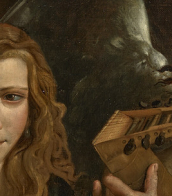

Julian Opie is a visual artist of the New British Sculpture movement.
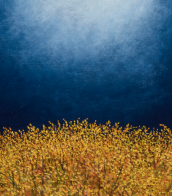

Christopher Richard Wynne Nevinson was an English figure and landscape painter, etcher and lithographer, who was one of the most famous war artists of World War I.
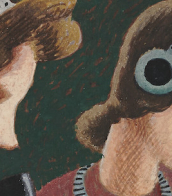

Takesada Matsutani (Japanese: 松谷 武判) is a Japanese contemporary mixed-media artist. He was a member of the Gutai group from 1963 to the dissolution of the group in 1972. His well-known work involves a technique of blowing a gust of air into a puddle of vinyl wood glue, creating bulges, bubbles, and drips, then covered by patient strokes of graphite pencil. Matsutani's works are represented in a large number of prestigious art museums and collections around the world.
